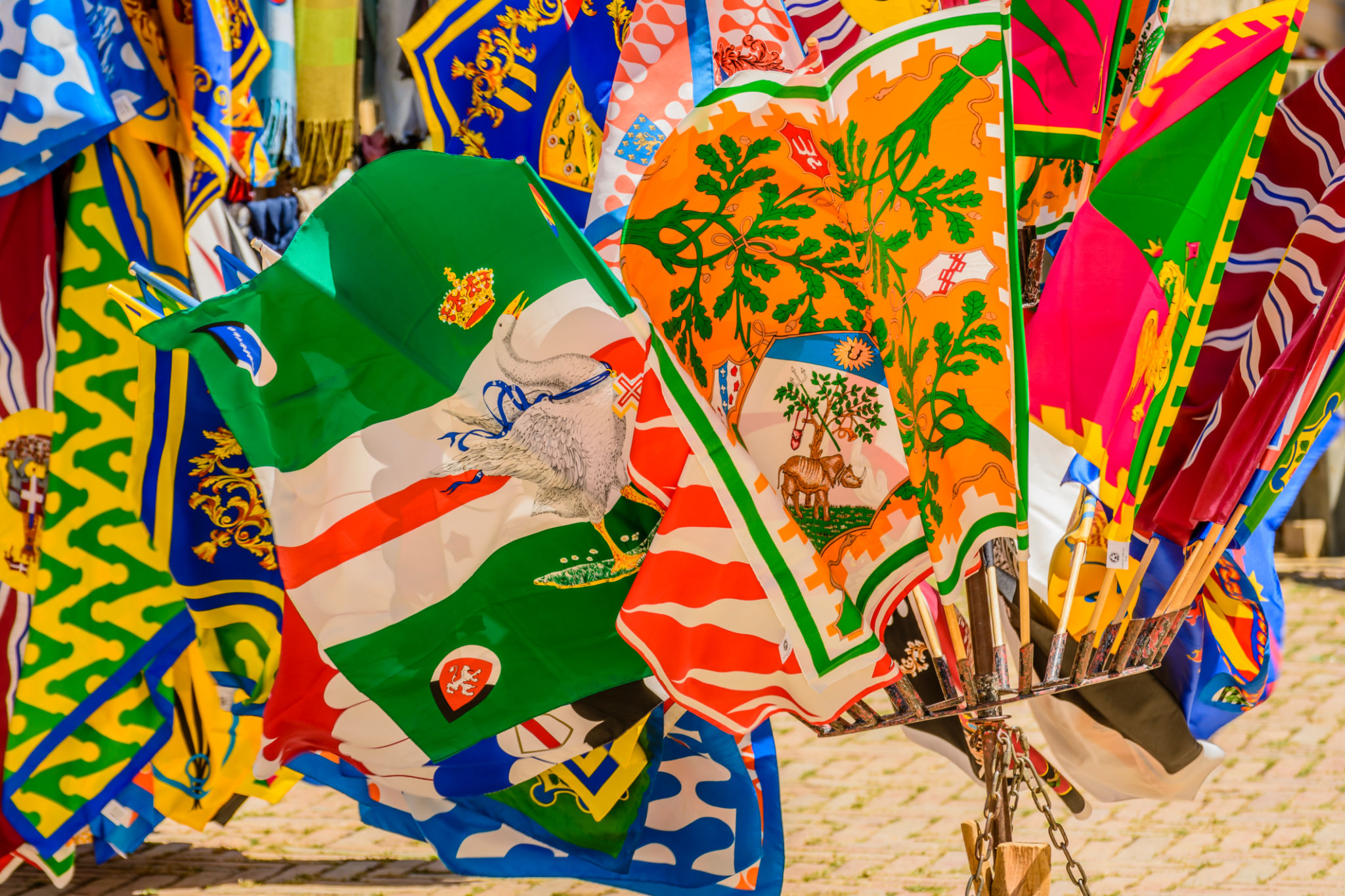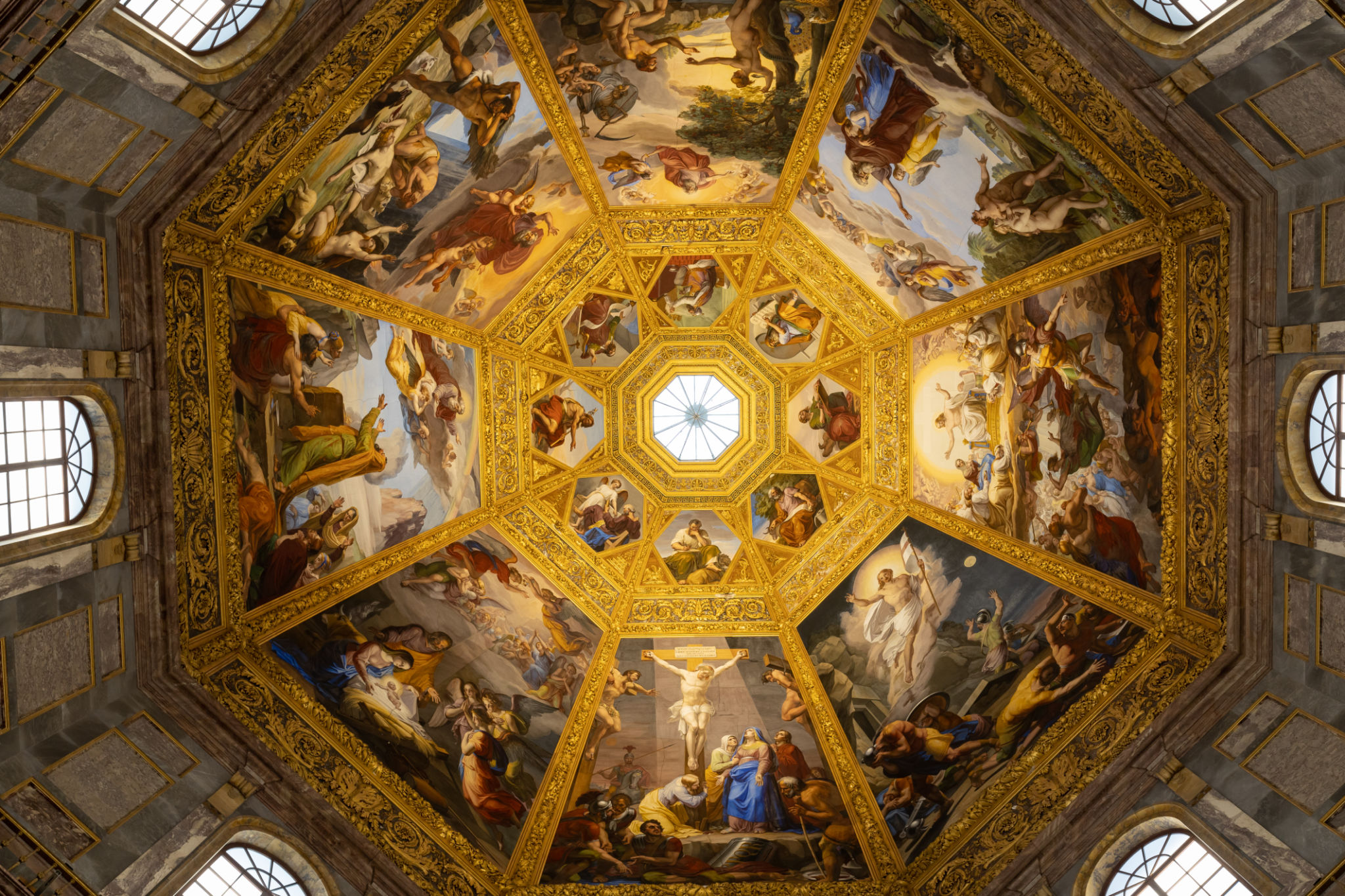Understanding the Local Culture: A Guide to Tuscan Traditions
Discovering the Heart of Tuscany
Tuscany, a region celebrated for its rolling hills, historic cities, and rich artistic legacy, offers visitors a chance to immerse themselves in a vibrant tapestry of culture and tradition. Understanding the local culture is not just about visiting the famous landmarks but also about engaging with the customs and traditions that have been cherished for centuries.
From the charming streets of Florence to the serene landscapes of the Chianti region, Tuscany invites you to experience its unique way of life. This guide will help you delve deeper into the traditions that make this region so special.

Festivals and Celebrations
Tuscany is home to a myriad of festivals that reflect its rich cultural heritage. One of the most famous is the Palio di Siena, a thrilling horse race held twice a year in Siena's Piazza del Campo. This event is not just a race but a celebration of medieval customs, featuring colorful parades and elaborate costumes.
Another notable celebration is the Scoppio del Carro, or the "Explosion of the Cart," in Florence. This Easter tradition involves a grand procession culminating in a fireworks display, symbolizing peace and prosperity for the year ahead.

Culinary Traditions
The Tuscan culinary scene is deeply rooted in tradition, emphasizing simplicity and quality ingredients. The region's cuisine is characterized by dishes such as ribollita, a hearty vegetable soup, and bistecca alla Fiorentina, a succulent T-bone steak.
Olive oil and wine are integral to Tuscan gastronomy. The Chianti region produces some of Italy's most esteemed wines, and participating in a wine tasting tour is a must for any visitor. The experience offers a chance to learn about the art of winemaking and sample locally produced wines.

Art and Architecture
Tuscany's contribution to art and architecture is unparalleled. Florence, often regarded as the cradle of the Renaissance, boasts an array of masterpieces by artists like Michelangelo and Leonardo da Vinci. The Uffizi Gallery and the Florence Cathedral are just a few examples of the city's artistic heritage.
Beyond Florence, the towns of Pisa and Lucca offer their own architectural wonders. The Leaning Tower of Pisa is an iconic symbol, while Lucca's well-preserved city walls provide a glimpse into medieval fortifications.

Rural Traditions
Rural Tuscany is steeped in traditions that have been passed down through generations. Farming communities continue to uphold age-old practices, from harvesting olives to producing pecorino cheese. Visiting these rural areas provides insight into a way of life that remains largely unchanged by time.
The region also celebrates its agricultural heritage with events like the Sagra, local festivals dedicated to showcasing seasonal produce. These festivals offer an opportunity to sample regional specialties and engage with local communities.
Embracing Tuscan Traditions
Understanding Tuscan culture is about more than just observing; it's about embracing these traditions and participating in them. Whether it's joining in a local festival, savoring traditional dishes, or exploring historic sites, each experience offers a deeper connection to the essence of Tuscany.
By immersing yourself in Tuscan traditions, you gain a richer appreciation for the region's history and its enduring cultural identity. As you explore this enchanting land, you'll discover that Tuscany's true beauty lies not only in its landscapes but in its vibrant cultural tapestry.